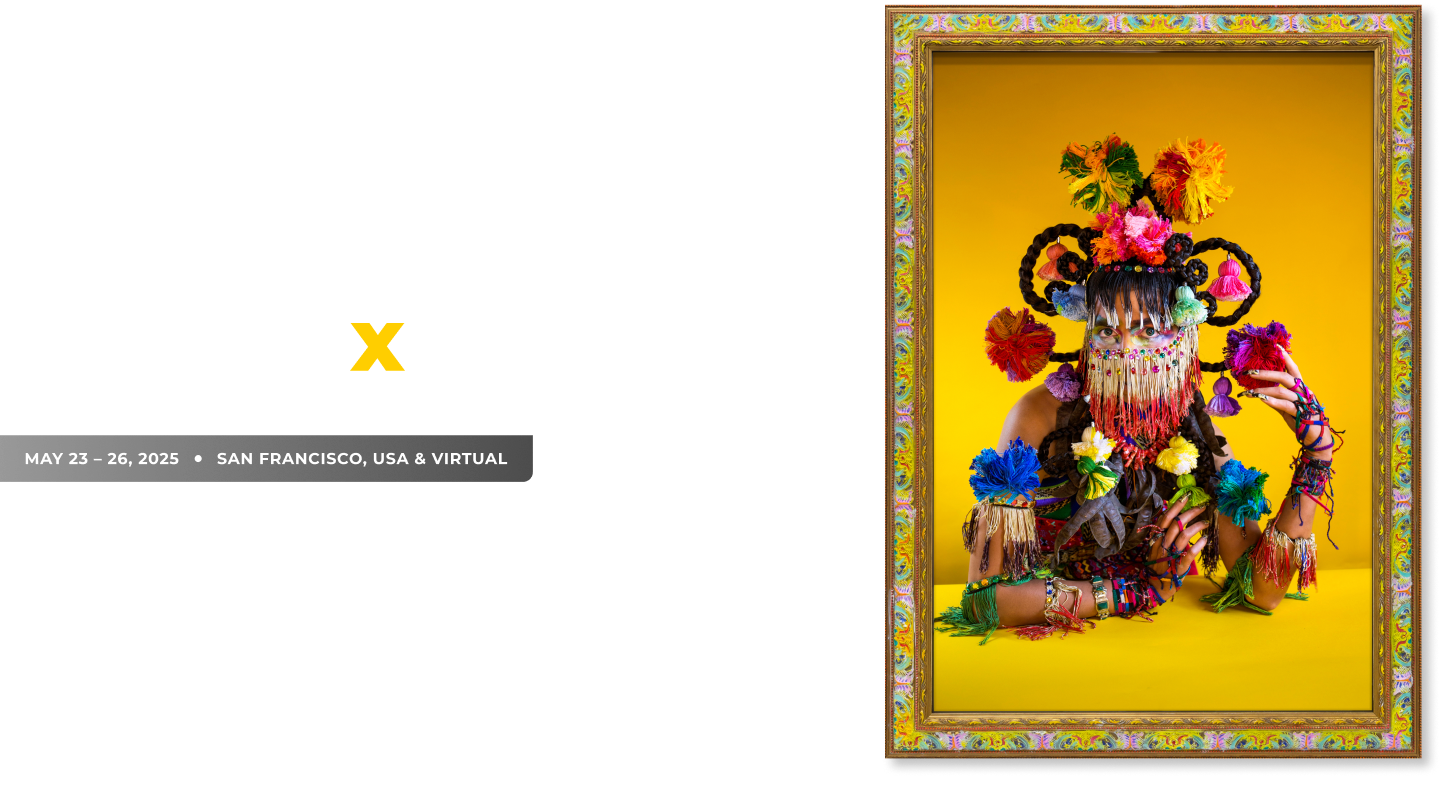About LASA2025
Poner el cuerpo en Latinx América
This iteration of the LASA Congress sets out to put the body on the line. To place the body center-stage in order to reveal its weight, relevance, and meaning. To recover its memory and materiality in our debates and agendas; to explore its dimensions at once individual and communal, biological and digital, contingent and situated. Because awakening our skin, opening our eyes and ears, setting our tongues in motion means reading ourselves, understanding ourselves as other(s), and rejecting the petrification of a single way of feeling and thinking.
We want to emphasize the power of fiction, art, and those aesthetic operations that frame and refocus what is failing, what remains of the world. But also those that let us experience pleasure, explore the unsayable, and materialize the unimaginable. Rita Segato has proposed that the Humanities are the most powerful disciplines since they have the task of naming the world and thus activating other possible realities. Therefore, in this edition of LASA, we issue an invitation to locate aesthetic technologies at the heart of the array of disciplines represented by our association and to defy the destructive algorithm of a difficult present.
This iteration of the LASA Congress proposes that we put the body on the line. That we recognize the body as our primary political device, capable of confronting censorship, repression, and violence. In Latinx America, we have known how to put the body on the line against whatever compromises our sovereignty and autonomy, be it government, State, nation, language, or imperatives of gender, class, race, and their intersections. Therefore, we inquire into the communities of bodies that live, survive, and produce new ways of knowing in the region. We seek to trace their circulation, from forced migrations and exiles to joyful and dancing movements. However, this creative and fugitive body is not limited to the human animal; it also includes other organisms and materialities. When ecocide becomes a catastrophe that threatens us, promising the extinction of so many lives, we want to question both new and old forms of power, challenge them with those ways of knowing that interrupt the technologies of violence, the death machine and its counter-machines, as Rossana Reguillo has termed them. In this way we seek to recognize the potential of all our bodies to challenge the unmovable, to produce new architectures and epistemologies of rebellion and emancipation.
From San Francisco, we invite a transdisciplinary discussion of the body’s actions and ways of knowing from the expanded fields of the Humanities and the Social Sciences. This edition of the congress takes a hemispheric approach, to undo the division between Latinx and Latin America. We embrace the x as a mark that queers gender and its intersections, that counters colonial legacies and binary structures of knowledge. LASA opens a dialogue in Latinx America to give body to the intersection of our shared cultural and geopolitical knowledge. In the end, it’s about Poner el cuerpo, from the body, among bodies.
